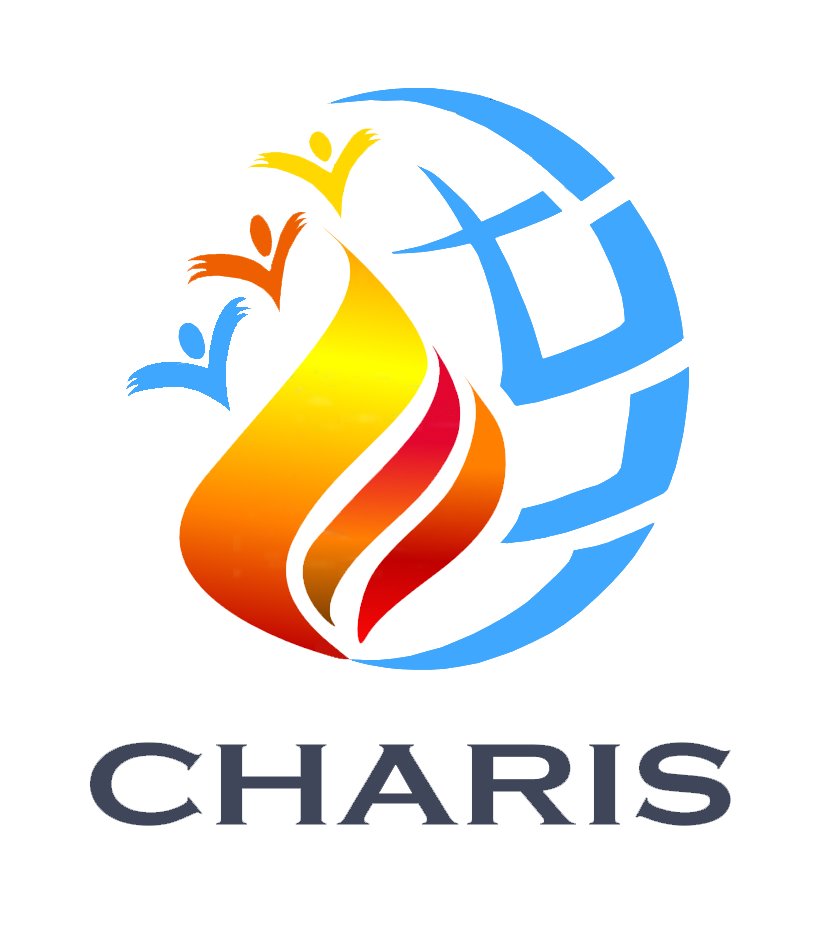Questions and answers
Doctrinal Commission – International Catholic Charismatic Renewal Services
Year 2010
In many parts of the Catholic Church, maybe especially in the Charismatic Renewal, there is a tension on the subject of Christian unity. The temptation for the ecumenically–minded is to pay less attention to Mary and for the more Marian to pay little heed to Christian unity. The reason why this issue may be more serious in the Renewal is that the Lord has graced us all with the same outpouring of the Holy Spirit and brought us all into the same movement. With other ecclesial movements it is easier to opt for a more Marian movement or one that is more ecumenical.
First, both Mary and ecumenism are an integral part of Catholic life and faith. We have no right to choose between them. Devotion to Mary belongs to the heart of Catholic faith. Concerning unity, John Paul II wrote in 1995: “ecumenism, the movement promoting Christian unity, is not just some sort of ‘appendix’ which is added to the Church’s traditional activity. Rather, ecumenism is an organic part of her life and work, and consequently must pervade all that she is and does” (Ut Unum Sint, par. 20).
Relations with Protestant Christians
Often in the Charismatic Renewal there is fellowship and prayer with other Christians who have been baptized in the Spirit. In some places there are regular inter–denominational prayer groups and even a few ecumenical communities. But in most places the meetings are more occasional. How should we approach such contacts?
First, meetings that are planned as inter–denominational, whether regular or occasional, have to be based on what is shared in Christ, recognizing that what divided Christians share is more fundamental than what divides (see Ut Unum Sint, par. 22). In these meetings, there cannot be direct prayers to Mary, but it is possible to pray together Mary’s hymn, the Magnificat. This limitation should not be seen as a problem, when the other Christians respect the faith of the Catholics. But Catholics need to express their devotion to Mary as well as their commitment to Christian unity. So the Catholics who attend inter–denominational meetings need also to gather as Catholics where there is freedom to honour Mary and the saints, just as they need to gather for the eucharist. So it is normal that in Catholic meetings to which other Christians may come as guests there is full freedom to express all aspects of Catholic faith including our devotion to Mary.
Second, we need to pray and work so that the question of Mary is not a “no go” area. Our first meetings with other Christians are not the right time to take up such major differences. They need first to experience us as fellow–Christians. Theological argument is never the right place to start when we want to build fellowship. We begin by getting to know each other, to accept each other as fellow–Christians and to develop a trust. At this stage it becomes possible to talk about Mary and what she means to Catholics. When relationships develop in a healthy way, the Protestants will often ask about Mary, maybe more puzzled than full of objections. As this question comes up, we need the light and wisdom of the Holy Spirit so that the answers we give will truly help them. We need to know the authentic teaching of the Catholic Church: on Mary, see Chapter 8 of the Vatican II Constitution on the Church and the Catechism of the Catholic Church, par. 484–511, 963–975.
The Renewal of the Church
The right framework for approaching the issues of Mary and ecumenism is the whole programme of Church renewal launched by Pope John XXIII and the Second Vatican Council. The two issues are very different. The honouring of Mary is an age–long tradition in the Church, that like every other aspect of Church life, needed renewal. The issue of Christian unity was a new topic, never before addressed in a Church Council. For this reason, the encyclical Ut Unum Sint goes further than the Council’s Decree on Ecumenism, because it is based on thirty years experience of the Church’s ecumenical engagement. Nonetheless, the conciliar decree laid down the basic principles which are still valid.
For the renewal of the Church’s honouring of Mary, the Council made two important contributions that are vital for ecumenism. The first was presenting Mary in the context of the whole Church, un- derstanding her role as Virgin and Mother in relation to all aspects of the Body of Christ. The second was rooting devotion to Mary more firmly in the Scriptures. If Protestants are to open up to Mary’s role in salvation history, it will only happen through a thoroughly biblical approach. Very helpful here is the book Daughter Zion by Cardinal Ratzinger, now Pope Benedict XVI. Once, this book was given to a Protestant pastor, who later commented that he had never realized these things were in the Bible.


